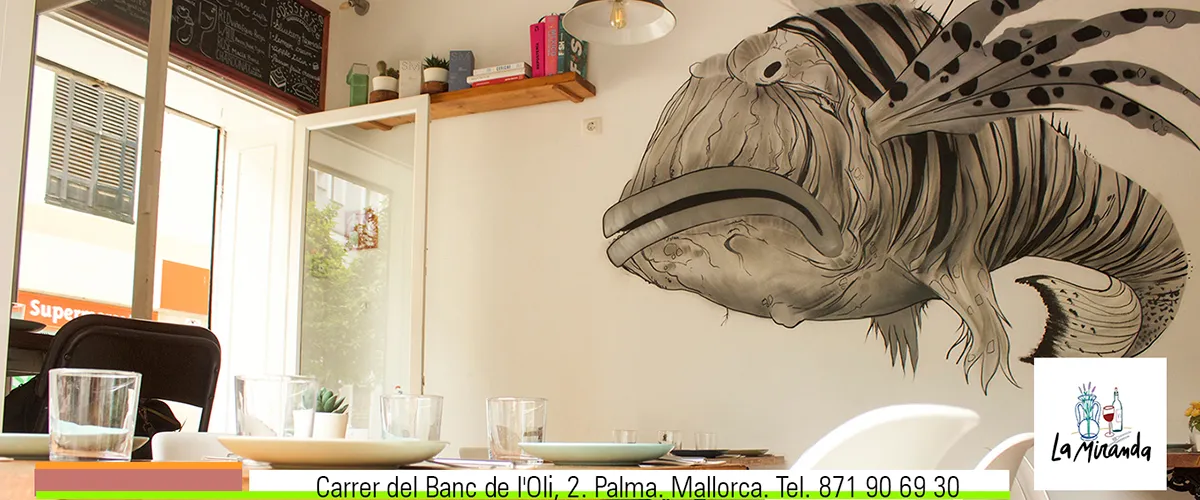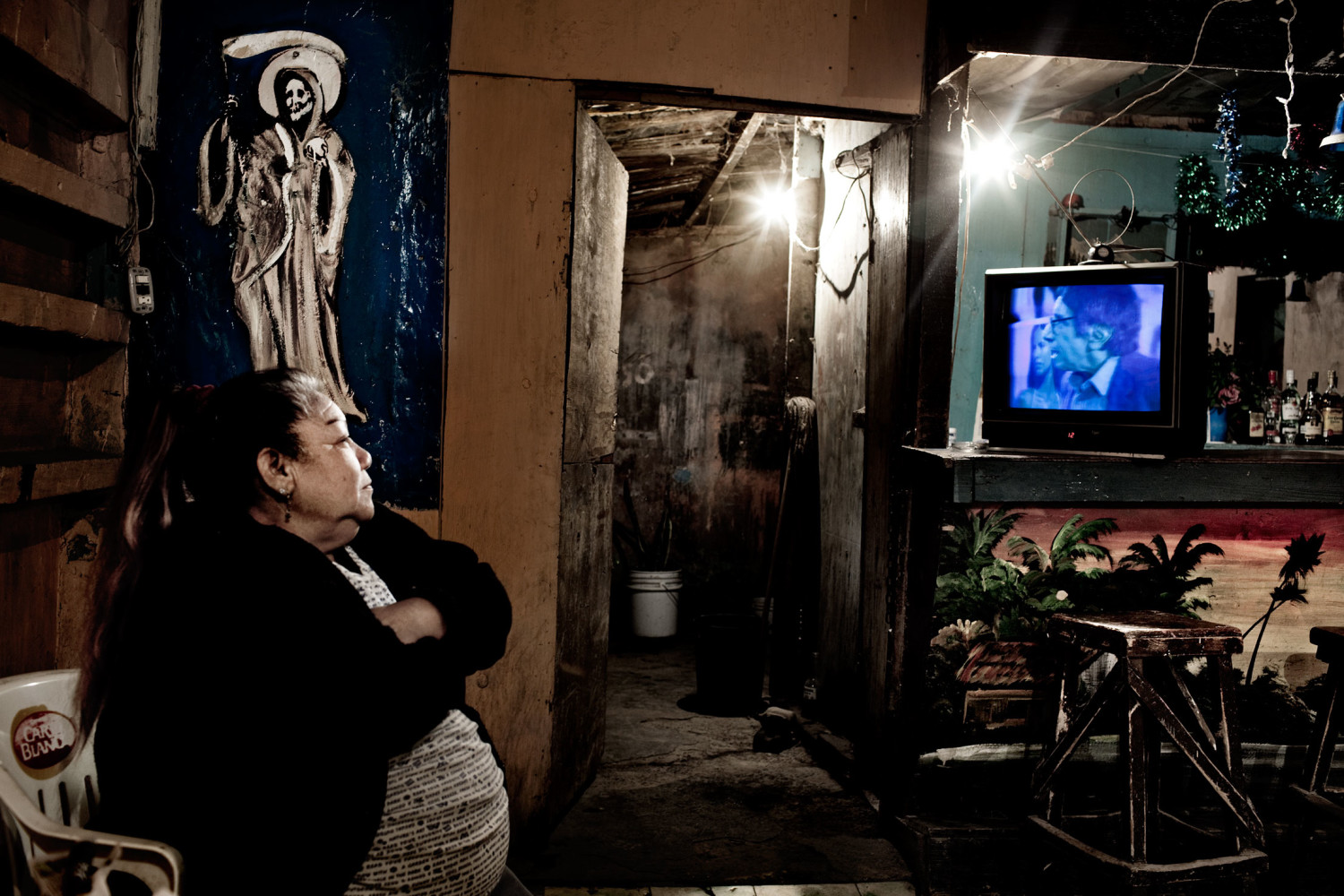A través de su fotografía, y ahora de sus películas, Maya Goded aborda los temas de la sexualidad femenina, la prostitución y la violencia de género en una sociedad donde la definición del rol de la mujer es sumamente estrecha y la feminidad está cercada por los mitos de la castidad, la fragilidad y la maternidad. Actualmente, está llevando a cabo un proyecto de investigación sobre las comunidades chamánicas en el continente americano, desde Alaska hasta la Tierra del Fuego, abordando sus aspectos sicológicos, emocionales, materiales y espirituales, y explorando su relación con la naturaleza.

Sus fotografías han sido expuestas en Estados Unidos, América Latina, Europa, China y África. Su obra ha sido motivo de exposiciones individuales en los museos y eventos de fotografía más prestigiados, y ha recibido premios, becas y reconocimientos importantes en distintas partes del mundo, como: Mother Jones Fund (San Francisco); Premio Eugene Smith y J. Simon Guggenheim (ambos en Nueva York); premio Prince Claus Fund, (Ámsterdam) y la beca del Sistema Nacional de Creadores de Artes (México) en cuatro ocasiones.

Plaza de la Soledad, su primer largo documental, tuvo su estreno internacional en el Sundance Film Festival y ha recibido diversos reconocimientos, como: el Premio especial del jurado del Festival del Nuevo Cine Iberoamericano (La Habana); el Premio a mejor dirección del Festival Cinema Tropical (Nueva York), y el Premio a mejor documental del Guanajuato International Film Festival (México).

El trabajo de Goded transmite una sensación inusitada de intimidad y autenticidad, resultado de la confianza que logra establecer a través de los años con los personajes retratados. Esta sincronía, tan notoria en el lenguaje de los cuerpos captados por su lente, es la que suscita la empatía del espectador. No teme retratar a personas en situaciones difíciles, ya sean los valientes cuya negativa a someterse representa una amenaza para las normas establecidas, o los vulnerables, cuyas vidas son trastocadas por los conceptos de poder y control. Su mirada penetrante, su cuestionamiento permanente sobre las ideas preconcebidas, su esfuerzo por revelarnos realidades poco conocidas, su talento para celebrar la otredad y un humanismo que trasciende las barreras sociales la han hecho merecedora de tantos premios y reconocimientos internacionales.

PLAZA DE LA SOLEDAD
Una celebración visual suntuosa, y una búsqueda fresca y honesta de la autodeterminación física y emocional de estas mujeres en su lucha con la adversidad.
Este proyecto fotográfico surgió de la necesidad de encontrar respuestas a interrogantes que, de manera inconsciente, me llevaron a recorrer calles y plazas. Crecí en la Ciudad de México donde la sexualidad femenina está dominada por la moral cristiana, por la imagen idealizada de la buena mujer, la buena esposa, y una mistificación sin cuestionamiento de la maternidad.
Cuando me embaracé, creció esta necesidad de entender a las mujeres y su papel en la sociedad, y por ende, a mí misma. Un día, estuve sentada en una banca en el centro de la Ciudad de México, detrás de Palacio Nacional, en un barrio llamado La Merced, donde el comercio ambulante, la prostitución, la vida en vecindades y hoteles, y la convivencia con padrotes y ladrones determinan el carácter particular de esta conflictiva zona de la ciudad. Durante más de cuatro siglos La Merced y la Plaza de la Soledad ha sido un espacio para el comercio sexual y también para la religiosidad, practicada en las muchas iglesias del barrio, y que constituye una parte fundamental de la vida de las sexo-servidoras.
Sí. Quería hablar de prostitución, y eso es implicaba hablar sobre la desigualdad y la transgresión, sobre el cuerpo, el sexo, la maternidad, la niñez y la vejez, el amor y el desamor. Después de 5 años de fotografiarlas, comprendí lo que buscaba: desentrañar los secretos y los significados que el cuerpo de las mujeres encierra.

ENG: Through her photographs and now on film, Maya Goded explores the subjects of female sexuality, prostitution and gender violence in a society in which the role of women is narrowly defined and femininity is shrouded in myths of chastity, fragility and motherhood. She is now undertaking a project on shamanic communities in the American continent, from Alaska to Tierra del Fuego, focusing on psychological, emotional, material and spiritual aspects and exploring their relationship with nature.

Her photographs have been exhibited in the United States, Latin America, Europe, China and Africa. Solo exhibits of her work have also been staged by some of the world’s most prestigious museums and photography festivals and she has received many prestigious awards and grants, such as: Mother Jones Fund (San Francisco); the Eugene Smith and J. Simon Guggenheim, Memorial Foundation (New York); Prince Claus Fund (Amsterdam) and the Scholarship from the Sistema Nacional de Creadores de Artes (Mexico) on four occasions.

Plaza de la Soledad, her first feature documentary, premiered internationally at the World Cinema Documentary Competition at Sundance Film Festival and has received several prizes and awards, such as the Jury’s Special Award at the Festival del Nuevo Cine Iberoamericano (La Havana); Best Director at Cinema Tropical Festival (New York) and Best Documentary at the Guanajuato International Film Festival (Mexico).

Maya’s photographs convey a rare sense of intimacy and authenticity, the product of mutual trust established with the subject over time. It is this coming together of subject and photographer?so tangible in the body language of her portraits? that elicits the empathy of the viewer. She is not afraid to depict people in difficult situations, whether it’s the valiant among us whose refusal to conform constitutes a threat to established norms, or the vulnerable, whose lives are misshapen by the notions of power and control. Maya’s penetrating gaze and constant questioning of preconceived ideas that strive to bring us insight into little known realities, her gift for celebrating otherness and a humanity that transcends social barriers have won her so many international awards and recognition.?.


PLAZA DE LA SOLEDAD
A sumptuous visual celebration and a refreshingly honest exploration of physical and emotional self-determination against difficult odds.
This photography project was born from my need to find answers to questions that had unconsciously led me to wander through streets and plazas. I was raised in Mexico City, where female sexuality is dominated by Christian morality, by the idealized image of the good woman and the good wife, and an unquestioned mystification of motherhood.
When I got pregnant, this need to understand women (and myself) grew. What was our role in society?
One day I ended up sitting on a bench in Mexico City’s downtown area, behind the National Palace, in a neighborhood called La Merced where trade and sex trade flourishes, amid hotels and brothels, pimps and thieves, giving this conflictive area of the city its unique atmosphere. For over four centuries, La Merced and the Plaza de la Soledad has been a hot spot for “the trade”, but also for the religiosity that is housed in the many neighborhood churches and is a fundamental part of the sex workers’ lives.
Yes. I wanted to talk about prostitution, and that implies talking about inequity and transgression, the body, sex, motherhood, childhood and old age, love and heartbreaks. I took photographs for 5 years, and then I understood what I was seeking. I wanted to unravel the secrets and meanings that women’s bodies conceal.

